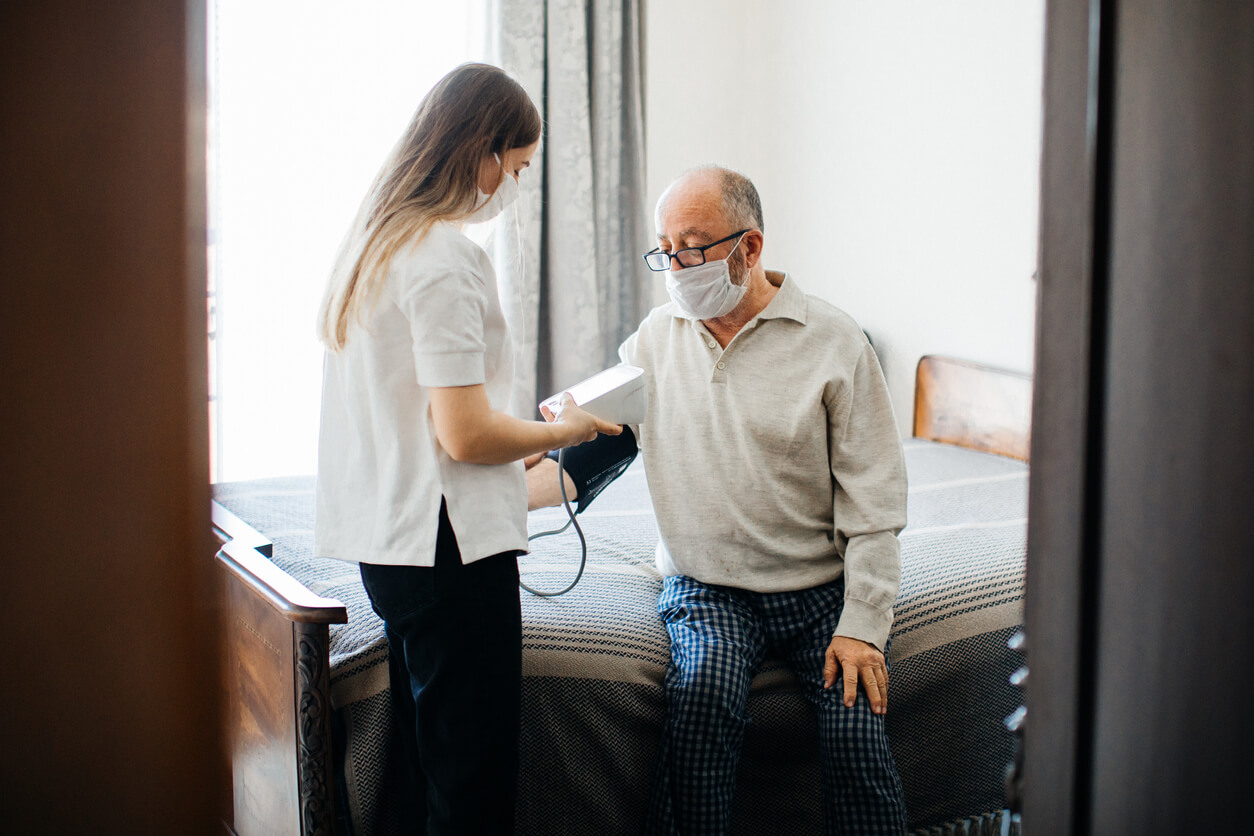It has been an unprecedented year in so many ways. The COVID-19 crisis has had its own impact on each and every one of us. If you have a loved one in a nursing home, you may not have been able to see them, let alone visit them, for many months. While some facilities have eased restrictions as of late, many have not and there is still the possibility that the facilities will lockdown once again.
While the restrictions are in place to protect one of the most vulnerable populations in this pandemic, there are other potential risks. For instance, the possibility of nursing home abuse or neglect has never been greater. Without public accountability, facilities can get away with much more than they may have been able to before lockdowns. Here, we will discuss how you can check in on your loved one in a nursing home while maintaining social distancing protocol.
I’m Social Distancing. How Can I Check for Nursing Home Abuse or Neglect?
Nursing home abuse and neglect have been a huge issue during the COVID-19 pandemic. Abusers tend to thrive when victims are isolated. Nursing home residents have been isolated like never before with the persistence of the coronavirus pandemic. There are, however, ways that you can check in on your loved one while still maintaining CDC-approved social distancing measures.
For instance, using technology can be a great way to check in on a nursing home resident. Facetime, Zoom, and other online conferencing solutions can help you see and hear your loved one without the need to be in person. During your video chats, look for signs that your loved one has not been properly cared for. Do they look disheveled or like they have not showered or groomed for some time? Have they lost a significant amount of weight? Are there any unexplained bruises or other injuries? These can all be signs of abuse or neglect.
You should also be mindful of any substantial changes in mood or personality. While the isolation itself may be enough to make someone anxious or depressed, it may also be a sign of abuse or neglect. Ask your loved ones how they have been feeling and why they have been feeling a certain way to investigate things further.
Sometimes, technology does not work out. If this is the case, consider driving by the nursing home facility. If restrictions have eased, consider arranging an in-person visit with your loved one, but be prepared to comply with strict safety measures at the facility, such as staying outdoors, always wearing a mask, and frequently washing or sanitizing hands. If the facility has yet to open up to the public, consider stopping by outside your loved one’s window for a friendly wave and to get a look at them in person.
Philadelphia Personal Injury Attorneys
Do you have a loved one you fear may be the victim of nursing home abuse or neglect? Talk to the dedicated attorneys at Cooper Schall & Levy to talk about how to proceed. Contact us today.


